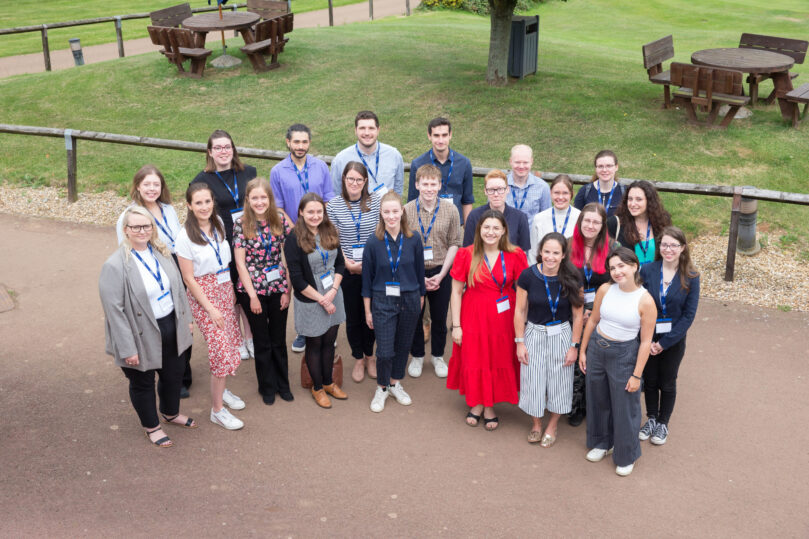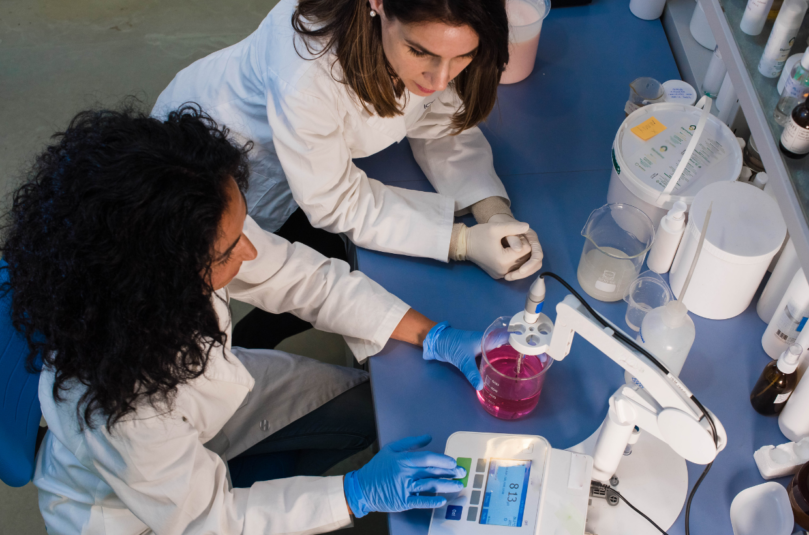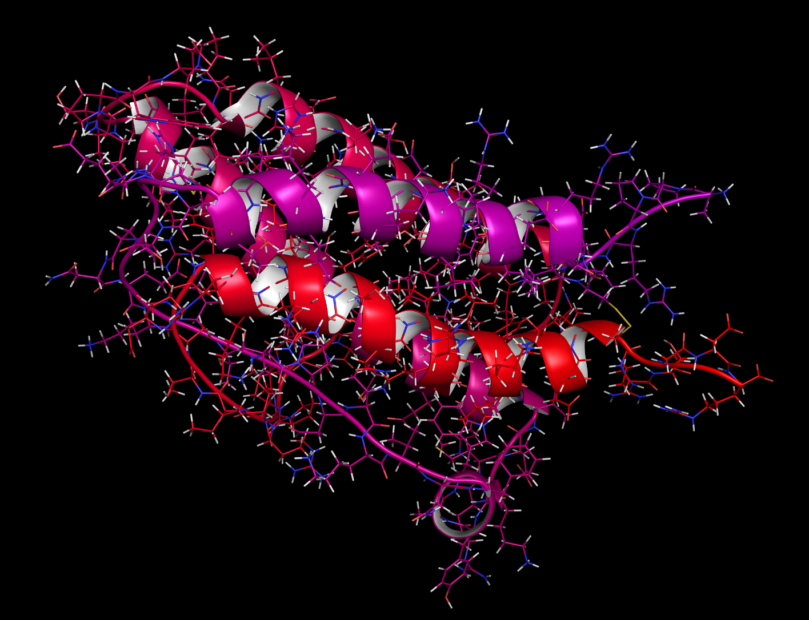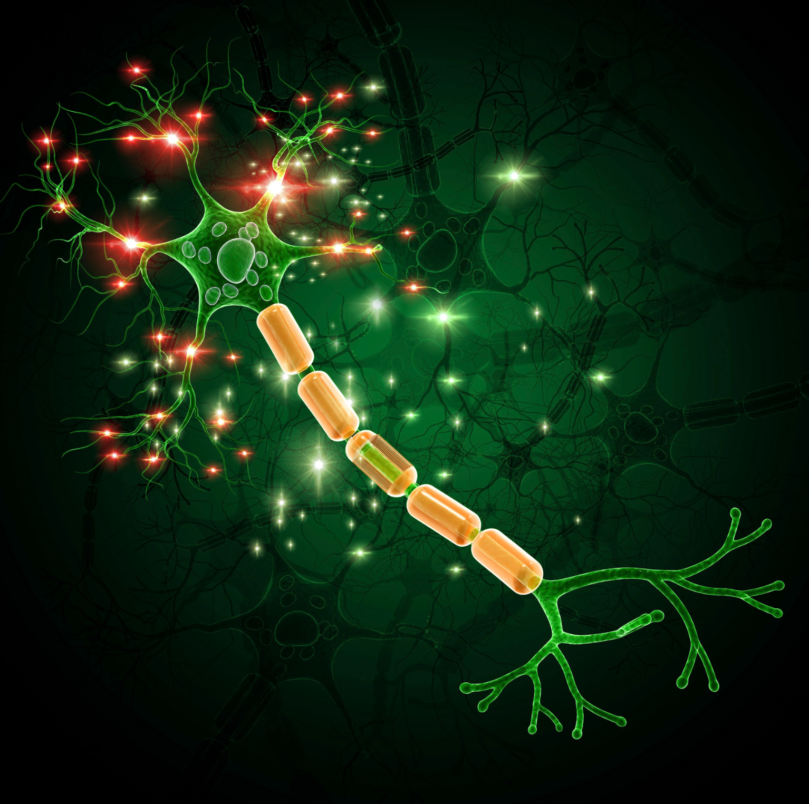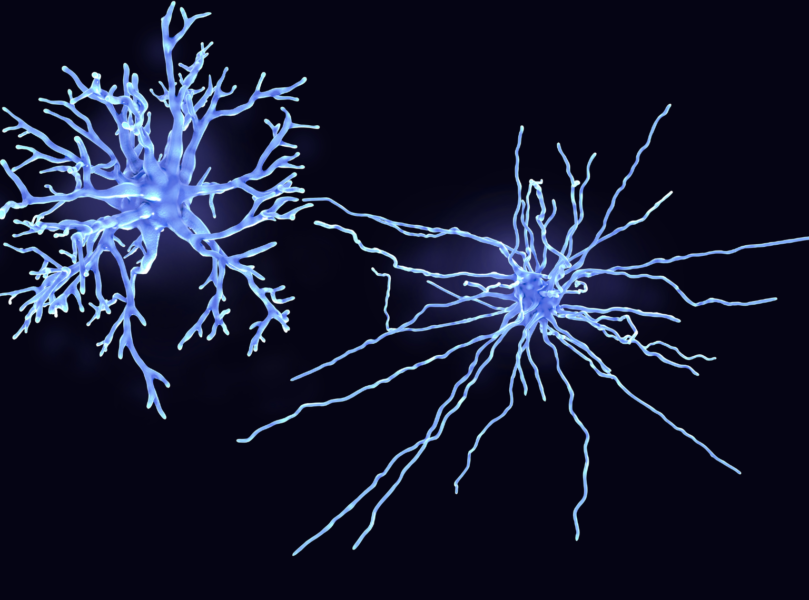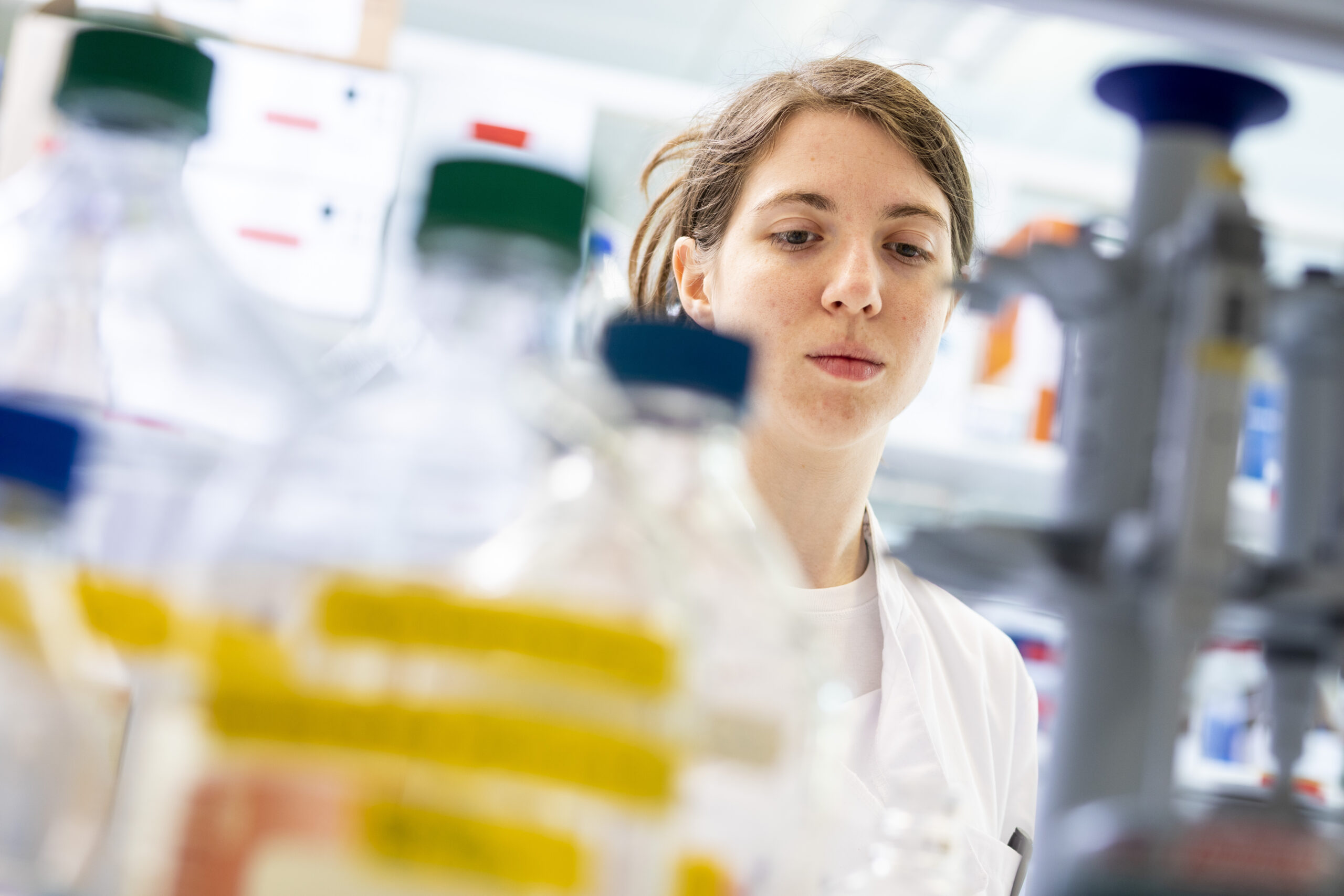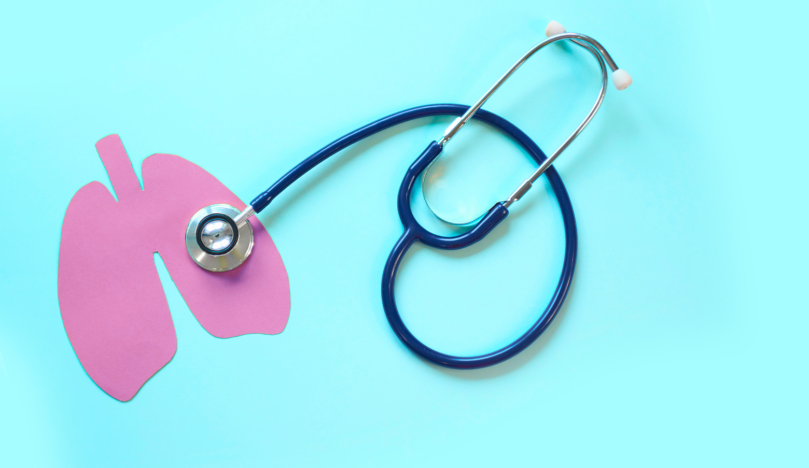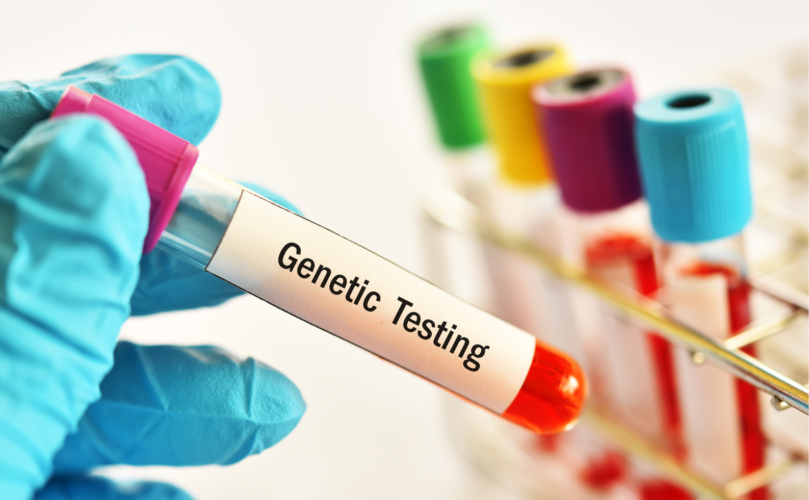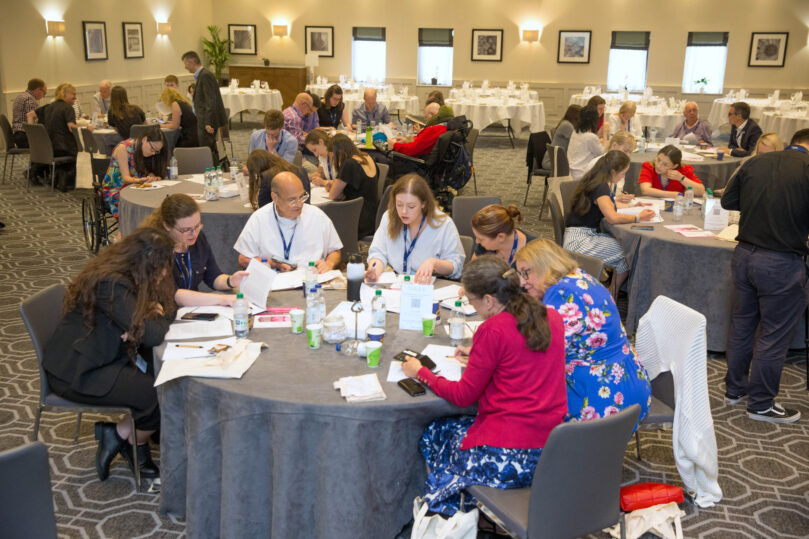
Highlights from MND EnCouRage UK 2023
Reading Time: 5 minutes Hi everyone! My name’s Katie and I recently joined the Association as a Supporter Information Officer. My role offers me a unique perspective as I am in both the Research Team and the Development Team, which is part of Fundraising. Alongside our brilliant Research Team, I will be writing for the MND Research Blog on…

